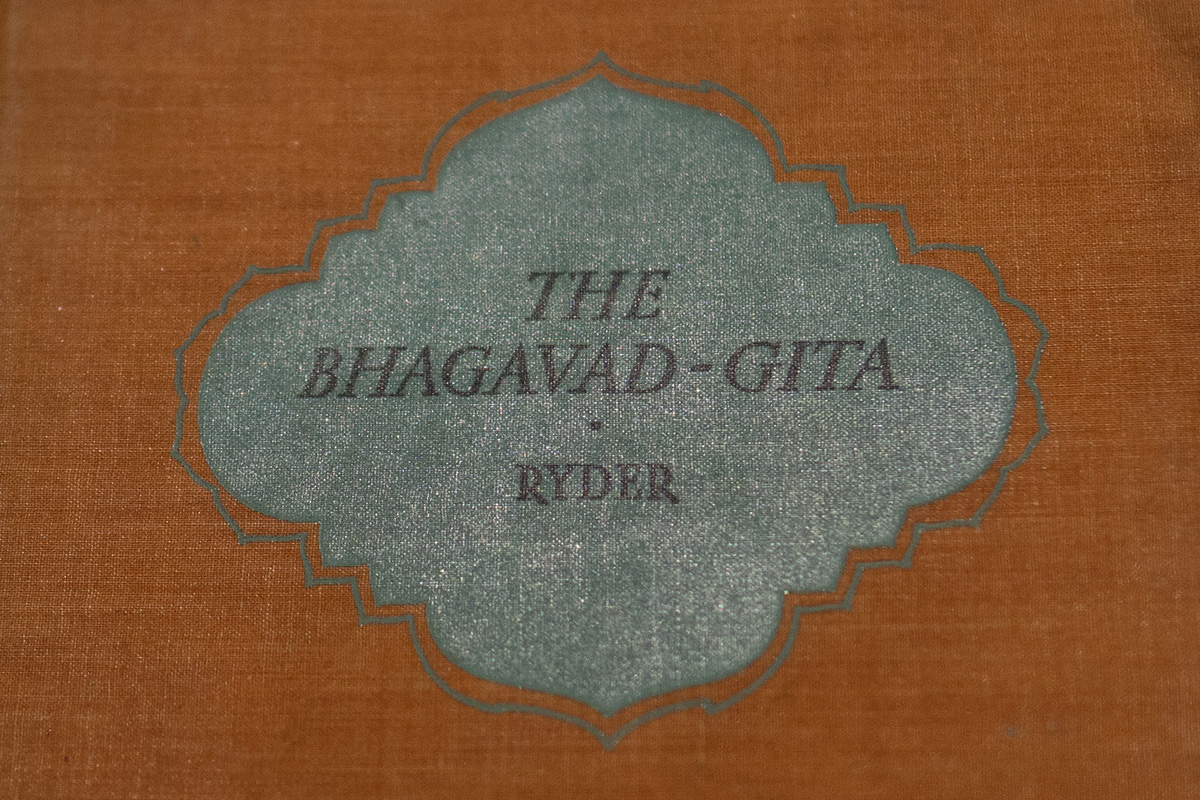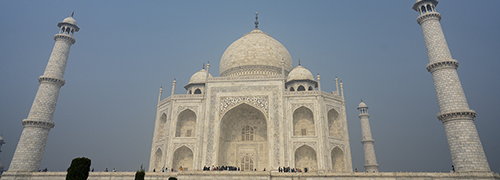
Indyheimer: The Archaeologist and the Physicist
23-27 August 2023
Miles Walked: 19.9
MINI Cooper S Miles per Gallon: 40.5
Chapters: Indyheimer • Bhagavad-gita • The Secret City • Antonito • Great Sand Dunes • Orisons
The Bhagavad-gita
“I am become death, destroyer of worlds.”
J. Robert Oppenheimer,
paraphrasing the Bhagavad-gita
The quote. It’s been everywhere lately, thanks to Christopher Nolan’s superb movie about Oppenheimer and the building of the first atomic bomb.
What the heck is the Bhagavad-gita?
As explained by A.C. Bhaktivedanta Swami Prabhupada in Bhagavad-gita: As It Is: “Spoken by Lord Sri Krona, the Supreme Personality of Godhead, to His intimate devotee Arjuna, the Gita’s seven hundred concise verses provide a definitive guide to the science of self-realization. Indeed, no other work even compares in its revelations of man’s essential nature, his environment and, ultimately, his relationship with God.”
The quote is found at Chapter 11 Text 32. Prabhupada’s English translation from Sanskrit reads: “The Supreme Personality of Godhead said: Time I am, the great destroyer of the worlds, and I have come here to destroy all people. With the exception of you [the Pandavas], all the soldiers here on both sides will be slain.”
Pabhupada explains the quote in this way: “In reply, the Lord is saying that even if he did not fight, every one of them would be destroyed, for that was His plan. If Arjuna stopped fighting, they would die in another way.”
That puts Oppenheimer’s view of the atomic bomb in a sharp perspective.
I was given a copy of Bhagavad-gita: As It Is quite a few years ago by a Hare Krishna. I was wrapping up an adventure out in New York, as I recall. And, yes, I was at an airport. At the time, running into Hare Krishnas in airports was practically a running joke across society; with all the changes in security, though, it doesn’t happen now. The book’s been sitting on my shelf ever since. I almost donated it at one point, but that classic “little voice” told me to hold on to it.
I’m glad I did.
Putting this all in the context of the movie, it’s pretty safe to say Oppenheimer didn’t utter the quote that has been forever associated with him during a moment of intimacy; that’s artistic license that creates quite a character and relationship dynamic. (Or, maybe he did that too.) Nonetheless, the quote associated with Oppenheimer is a paraphrasing, an application of the text to his situation and the events around the creation of “the gadget.”
There’s a great line of dialogue in the movie, delivered by Florence Pugh as Jean Tatlock: “It’s not about the book. It’s about the ideas.” It’s made in reference to the Communist Manifesto, but the concept is equally applicable to American Prometheus and the Bhagavad-gita.
Chapters Now Available
Next Chapters Coming Soon
- The Secret City
- Antonito
- Great Sand Dunes
- Orisons








